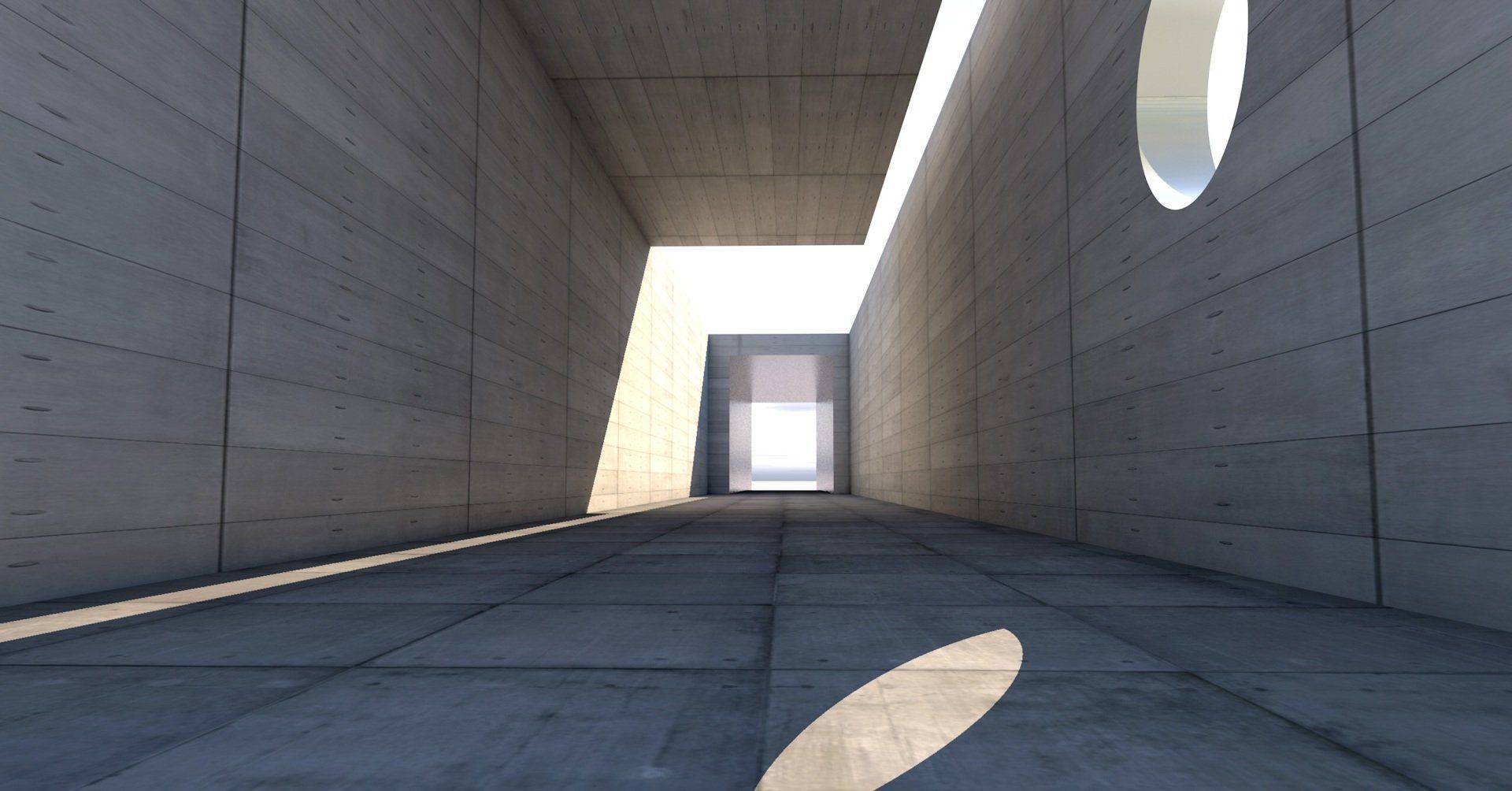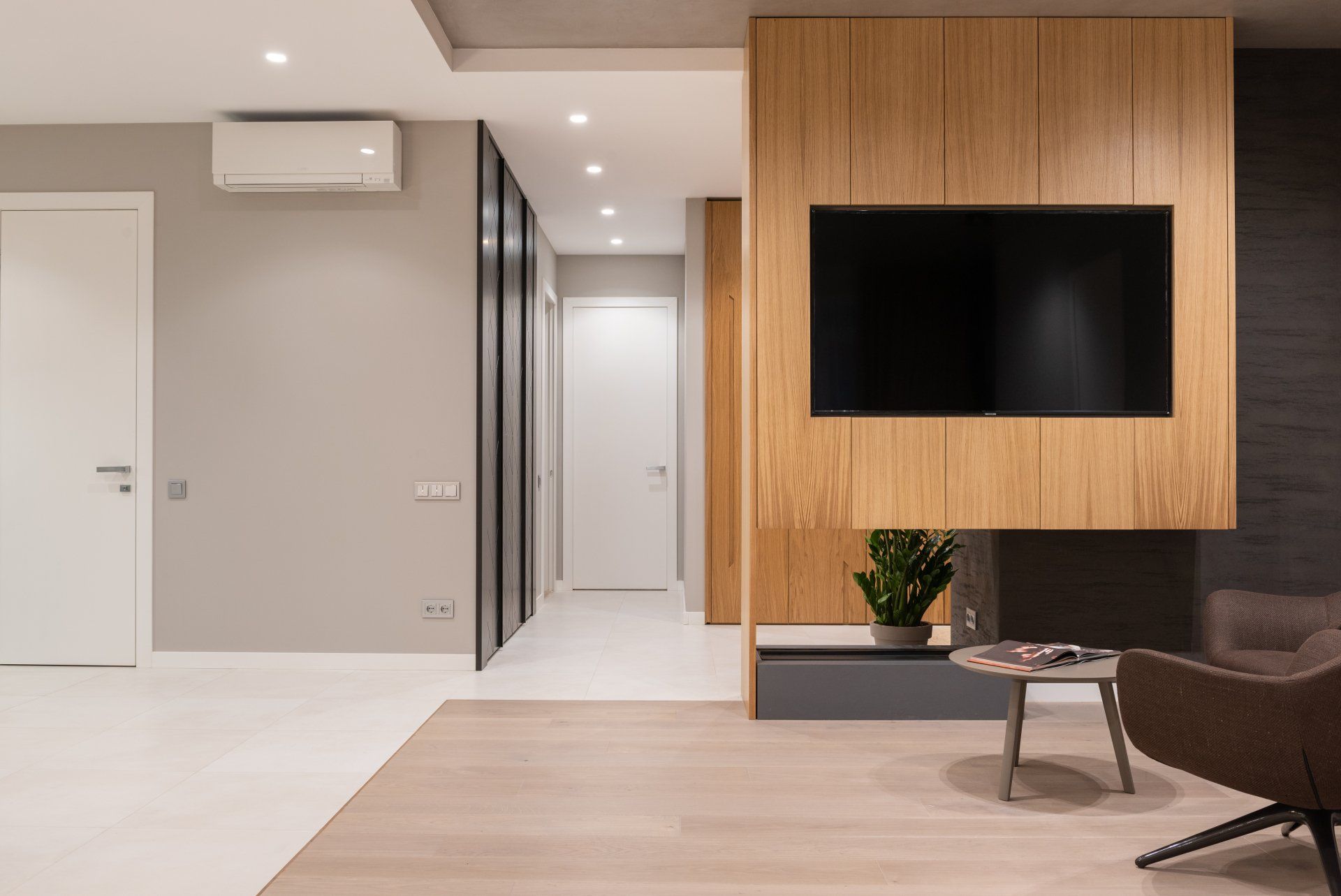9 Signs Your Foundation Needs To Be Repaired
July 21, 2022
Think your foundation needs to be repaired? Keep reading!

9 Signs Your Foundation Needs to Be Repaired
Your home is your biggest investment, but you can't always see the signs of damage. It's easy to overlook foundation issues until they become serious problems. Fortunately, there are some pretty obvious signs that there might be something wrong with your foundation. If you see any of these in your home, it's time to call a professional:Shifting or Sinking Walls
If your walls are shifting or sinking, it could be a sign that your foundation is suffering from problems. This can be fixed by having the walls repaired or rebuilt. If it's not too far gone and you don't want to do major renovations, then repairing the walls is probably best for you. However, if their condition has become severe enough that rebuilding them is necessary to prevent further damage (or even collapse), then there's no reason why you shouldn't rebuild them instead of just repairing them every time there's an issue! It's important to keep in mind though: if there are cracks in the plaster on your ceiling, then this means there may be even more serious problems lurking beneath what appears like just minor cosmetic issues at first glance.Uneven floors
The floorboards should be level, but if they aren't, it could mean that there is an issue with the foundation. If one board is higher than the others, it could indicate that water has seeped into your basement and caused some damage to the wood below. Also, look for cracks or gaps between walls—these may be signs of mold and mildew growing behind them because of moisture problems in your basement.Water in the basement
Water in the basement is a sure sign that there are problems with your foundation. The most common reason for water to get into the basement is cracks in the foundation. These cracks allow water to seep into the basement, which can cause structural damage and mold growth. Water can also enter through walls and floor joints, as well as through windows or doors on rainy days. Water seeping into your home can be dangerous because it causes structural damage to both wood framing and insulation that loses its effectiveness due to high moisture levels from condensation or excessive humidity.Windows and doors that stick
Doors and windows that stick can be signs that your foundation is failing. If it's so bad that you need to push or pull on a door or window to get it open, then you'll want to get your foundation checked out immediately.Gaps around your home
If you notice any gaps around your home, it could be an indication that the foundation is shifting. Gaps can appear in many different places in a home, including: ● Foundation walls
● Windows (including frames)
● Doors (including frames)
● Sidings, such as boards or clapboards
● Roof shingles and/or flashing around chimneys
Cracked bricks, walls, or masonry
● Cracked bricks or masonry. The exterior of your home is a big part of its value, but if you notice cracked bricks, it doesn't mean that your foundation is compromised. However, if you see cracks in the mortar between the bricks or stone blocks and they're getting bigger over time, it could mean that shifting soil has caused stress on the foundation. ● Cracks in walls. Cracks in different areas of your home's wall may be indicative of foundation problems as well—especially if they appear near windows and doors. These can also be caused by shifting soil under pressure from heavy snow loads or heavy rains during construction projects like digging foundations for new homes nearby.
Cracks in the floor
If you have cracks in your floor, it is possible that the foundation is no longer supporting the building. However, it could also be a sign of another problem with the structure itself. For example, if there is a gap between two boards where they meet at an angle instead of smoothly connecting they may not be flush with each other and could create a crack in the floor when pressure is applied. A foundation that doesn't support all parts of the house can lead to issues with floors as well as walls and ceilings throughout the home.Wall separation
Wall separation is generally one of the easiest foundation problems to spot. Your walls will have cracks or openings, and they may even show signs of shifting or warping. This can lead to costly repairs, so it’s important to catch this problem before it gets out of hand. How do you know if you have wall separation? If there are cracks along interior borders between rooms, that could be a sign that your foundation is settling unevenly. If plumbing or electrical outlets aren't level, that could also be a sign of uneven settling in your foundation as well.Poor drainage & erosion around the foundation
If you have poor drainage around your foundation, it could be the cause of some serious issues. Water will pool around your home and this can lead to erosion. When water pools around a house, it can also cause cracks in the foundation or even cave in sections of your home. If you notice that there is standing water near your home, then you should contact a professional immediately! They will be able to tell if this is due to poor drainage or something else entirely like an underground leak.Don't ignore these signs! Get help before it's too late.
If you want to avoid costly repairs and expensive replacements, you should consider contacting a foundation repair contractor right away. At least then, if the problem is more serious than you thought, you'll know what to expect and can be prepared when an estimate comes in. If not taken care of early, your foundation problems could worsen over time and become even more expensive to fix!Conclusion
Your foundation is the most important part of your home. It’s what keeps it up and running. So when you notice any of these signs in your own home, don’t ignore them! Get help immediately from a professional so they can assess exactly what needs to be done.










